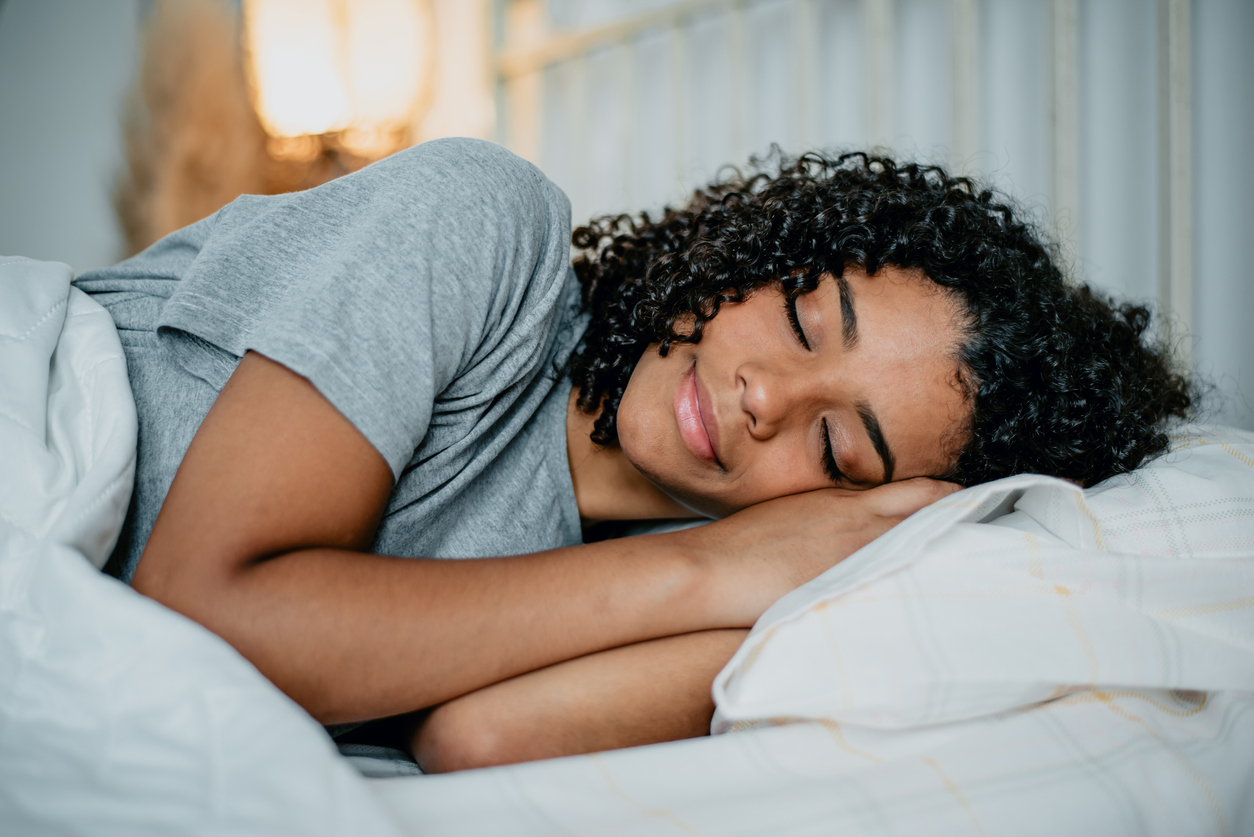If you have ever missed a couple hours of sleep in a night, or for several nights in a row, you probably noticed that lack of sleep can have some negative effects. Along with the possibility of crankiness and mental and physical exhaustion, sleep deprivation can have an adverse impact on your hearing health and abilities.
Sleep deprivation can negatively impact your hearing health by raising your blood pressure and impairing the functioning of the lateral temporal lobe. Let’s examine each of these a little more closely and look at a couple of tips for getting a good night’s rest.
How Are Blood Pressure and Hearing Connected?

Sleep deprivation has been linked to high blood pressure and heart disease. A study testing 300 non-hypertensive and 300 hypertensive patients found a positive correlation between high blood pressure and hearing loss. Due to the correlation, the study recommends that people with high blood pressure receive frequent hearing tests.
One possible cause of high blood pressure’s effect on hearing is its impact on the hearing apparatus. Prolonged high blood pressure can accelerate the hearing apparatus’s aging process, thereby increasing the likelihood of early hearing loss.
How Does Sleep Impact the Temporal Lobe?
The lateral temporal lobe, located in the cerebral cortex, is responsible for language comprehension, hearing, visual processing and facial recognition. When you’re sleep-deprived, your temporal lobe is unable to function properly.
One study found that sleep deprivation caused neurophysiological impairment of the lateral temporal lobe and led to “changes of auditory abilities, including sound perception and the processing of auditory information.”
Poor sleep’s adverse effects can impair those with and without hearing loss. Because the consequences can be so extreme, taking steps to get seven to eight hours of sleep a night is essential.
How Can You Improve Your Sleep?
Life may sometimes get in the way of a good night’s rest, but there are a couple of ways in which you can increase your chances of getting your full seven to eight hours a night, including:
- Turning off the devices. Your phone, laptop and tablet all emit a blue light. The blue light simulates daylight to your brain, tricking it into thinking it’s daytime. Put your devices away for at least an hour before bed every night to let your brain know it’s time to sleep.
- Limit caffeine. Drinking caffeine too late in the day can negatively impact your sleep. Try picking up some herbal tea options at Chelmsford Market on the Common to drink before bed.
Contact Massachusetts Hearing Group today for more information about protecting your hearing health.